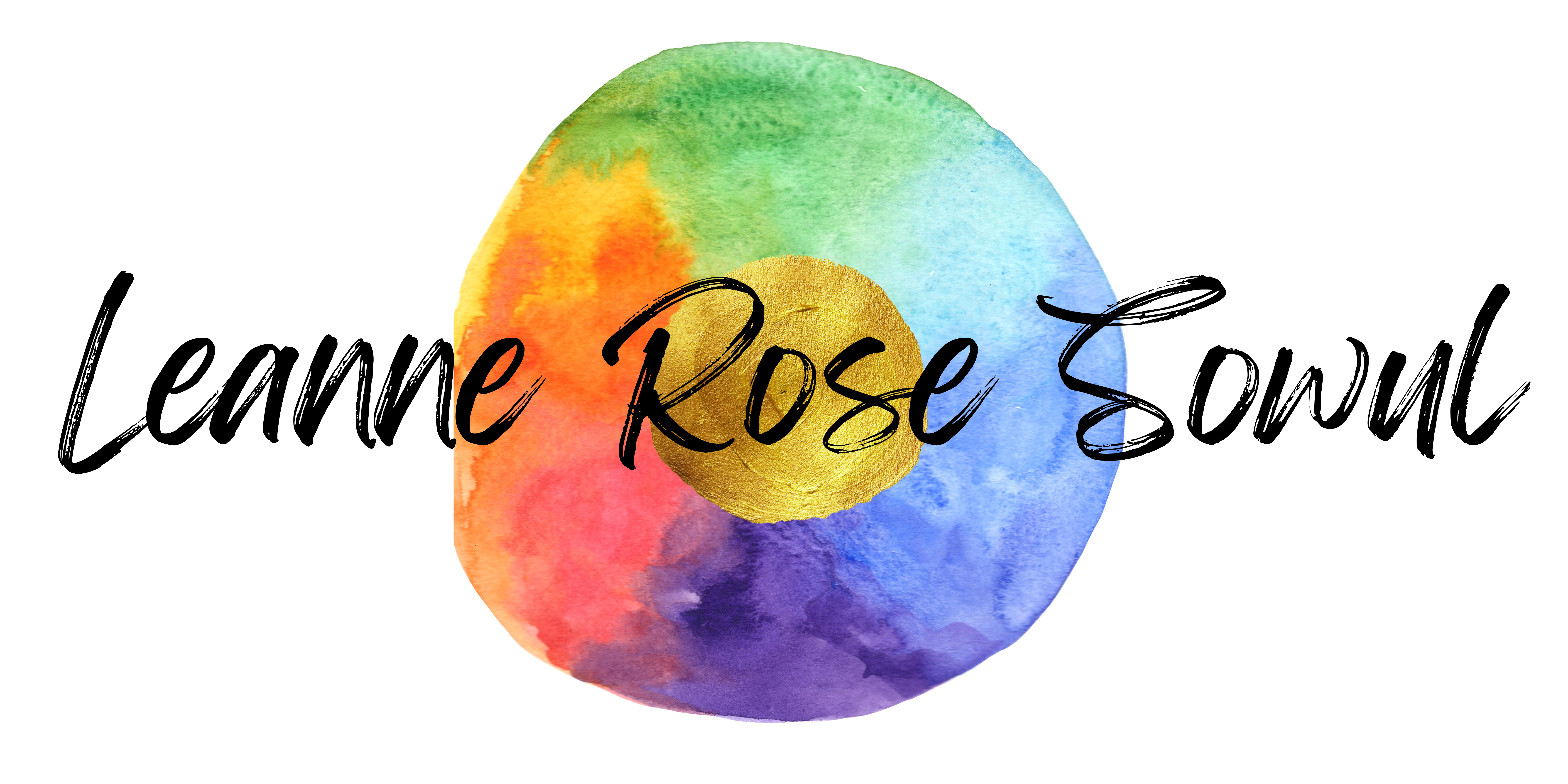 When I was pregnant, I read every pregnancy book I could get my hands on (including this, most popular one). The advice in those books was easy to follow: what not to eat, what symptoms to get checked out, how to safely prepare the baby’s room. But when I switched from pregnancy to parenting books, the advice, naturally, got a lot more complicated. All of a sudden, I had to decide what type of parent to be. Was I going to be a Dr. Sears-style attachment parent, a “Baby Wise” strict scheduler, or full of “What to Expect” anxiety? Was I going to do “No-Cry”, or “Cry it Out?”
When I was pregnant, I read every pregnancy book I could get my hands on (including this, most popular one). The advice in those books was easy to follow: what not to eat, what symptoms to get checked out, how to safely prepare the baby’s room. But when I switched from pregnancy to parenting books, the advice, naturally, got a lot more complicated. All of a sudden, I had to decide what type of parent to be. Was I going to be a Dr. Sears-style attachment parent, a “Baby Wise” strict scheduler, or full of “What to Expect” anxiety? Was I going to do “No-Cry”, or “Cry it Out?”
There were a million parenting books out there, but they all came with contradictory advice. Never, ever put a baby in your bed… but leaving a baby to cry in his crib is criminal. You should exclusively breast-feed until at least six months… but giving a little cereal around three or four months helps them sleep. Babies cry because they need something, so you should always pick them up… but they also cry for “exercise,” so you should leave them alone sometimes. How does anyone know what advice to follow? The sheer amount of “recommendations” and lists of “never do this” and “always do that” is completely overwhelming. And that’s not even counting the advice of family members and parent friends.
As you all know, I’m a big reader, and what’s more, I believe that books hold the answer to all of life’s questions, but for the first time in my life, this ethos failed me. Because of the sheer amount of contradictory advice, I found myself only reading things that validated what I already believed, making them almost unnecessary. Eventually, I gave up on parenting books entirely (and blogs, and websites, and articles). I decided that while I could make myself aware of a variety of opinions on parenting, the only opinion that really mattered was my own. Every mother-child bond and situation is unique, and I had to follow my gut instinct. I couldn’t know what that instinct was telling me unless I pushed the other opinions away. So I stopped reading, and started relying on the only people who could truthfully tell me how to be a good parent: myself, and my child.
In retrospect, the only books that did help me were the ones that made me feel comfortable doing what I was already doing; for example, I felt a strong urge to sleep close to my baby, and reading Dr. Sears’ Attachment Parenting made me feel that it was safe to do so. But before even that book could be helpful, I had to find my way toward my own answer. So here’s my bit of parenting advice, especially for mothers, who seem to be naturally blessed with instinct: Listen to yourself. Trust yourself. Take the time to learn from your baby, and learn about yourself as a parent. If you follow your gut (and figure out what’s important to you by observing others) you’ll always be happy with your parenting decisions, because they’ll represent your true feelings and personal strengths.
This is the third post in June’s focus on parenting. Look back at previous posts from this series here, or click on the “Parenting” category on the sidebar for plenty more:
